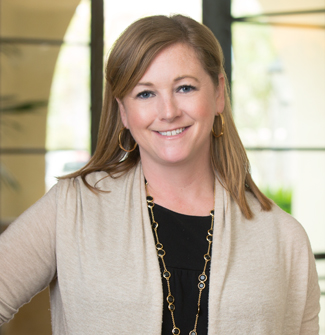In a victory for pharmaceutical companies, the Ninth Circuit Court of Appeals recently held that plaintiff-appellant pharmaceutical sales representatives (“reps”) were exempt from California law’s overtime requirements. See Menes v. Roche Laboratories, Inc., No. 08-55286 (9th Cir. July 23, 2012) (unpublished) (consolidated with D’Este v. Bayer Corp. and Barnick v. Wyeth).
The Ninth Circuit decision is on the heels of the U.S. Supreme Court’s similar holding that reps are exempt from federal law overtime requirements. Back in June 2012, the U.S. Supreme Court in Christopher v. SmithKline Beecham Corp., No. 11-204 (U.S. June 18, 2012) held that reps were exempt from overtime under the Fair Labor Standards Act’s outside sales exemption. The Supreme Court found reps were exempt as outside salespersons despite laws that prohibit reps from selling pharmaceuticals directly to patients or physicians based on a “common sense” approach to the exemption. It was also a significant victory for employers because the Department of Labor attempted to use amicus briefs to argue that courts must defer to its interpretation of the law—the Supreme Court rejected this practice. See Orrick’s Blog Post about Christopher here.
Unlike Christopher and unlike the district court below, the Ninth Circuit in Menes did not reach the issue of whether reps were exempt under California’s outside sales exemption. Rather the Ninth Circuit held that reps were exempt under California’s administrative exemption, a different exemption, which generally provides that individuals who spend more than 50 percent of their time performing non-manual work directly related to the management policies or general business operations of his employer or customers are exempt.
Orrick represents Roche Laboratories, Inc. Read Law360’s coverage of this case here.







